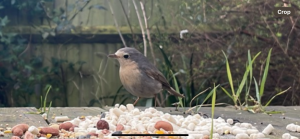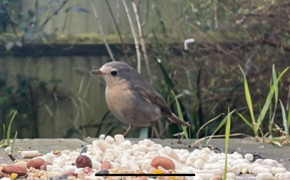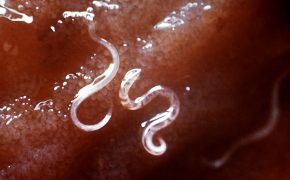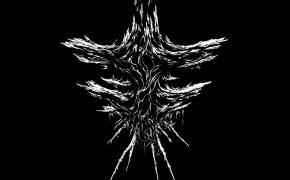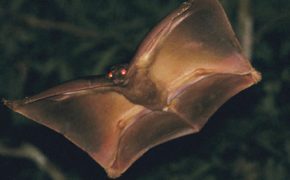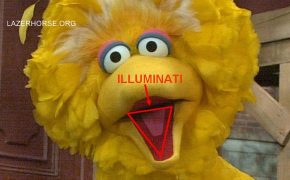Migratory Birds: Do Brain Parasites Send Them Off Course?
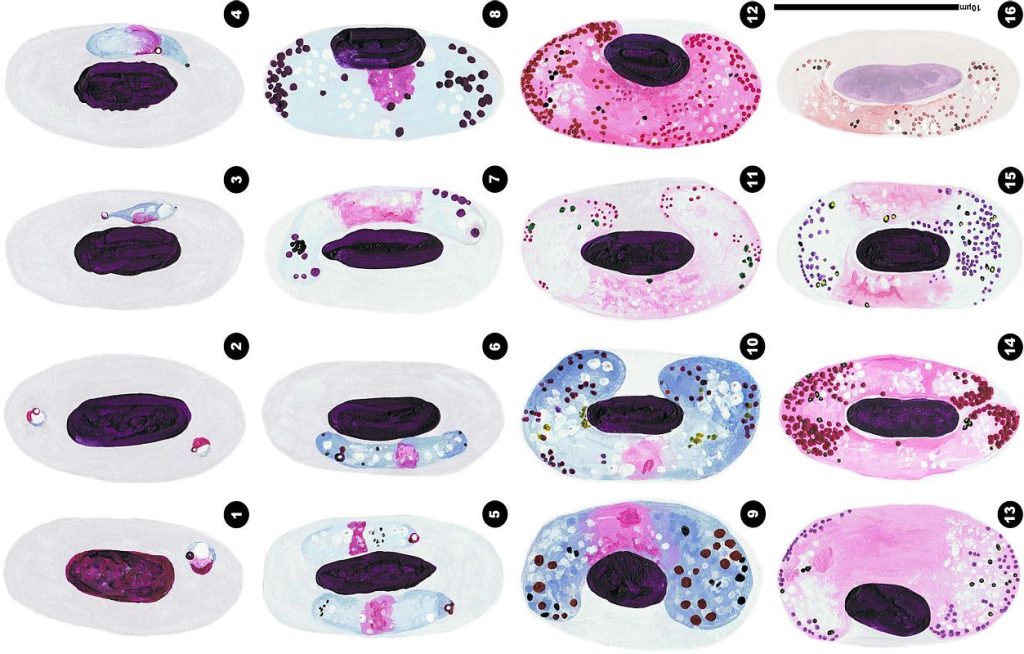
Every year, billions of birds embark on jaw-dropping journeys that span oceans and continents. But not all reach their destination. A new paper asks whether brain parasites might explain why.
The precision of migratory birds is uncanny — some species return to the exact same roost after traversing thousands of empty miles.
Some, however, go way off course. These so-called vagrants are an exciting find for birdwatchers, but the story is less cheerful for the bird.
The vagrant often finds itself in a fatally hostile environment. And even if it does survive, it’s unlikely to find a mate, so its bloodline ends.
Why do they veer off course?
There are many reasons why a bird might get lost on its travels. This includes disturbances in geomagnetic forces and strong winds. There may also be genetic mutations that interfere with a bird’s homing mechanism.
We don’t have all the answers yet, though. For instance, some species, setting off from similar regions, seem more prone to getting lost than others.
A recent paper examines another surprising factor. The authors suggest that parasites might shed some light on these misdirected travellers.
Avian brain parasites
Traditionally viewed as harmless hitchhikers, the parasite Haemoproteus is widespread among birds.
They replicate in various types of cells, including muscle and liver cells before moving into blood cells. Once there, louse flies and other bloodsuckers take up the parasite and it accumulates in their salivary glands.
As the insect moves on to its next meal, it passes the parasite on to its next victim.
Recent research shows that Haemoproteus can also infect birds’ brains. This parasite’s “replication bodies” can vary in size from small meronts to much larger megalomeronts, reaching up to 1 millimetre in size.
While megalomeronts mainly appear in the kidney and intestines, scientists have recently spotted them in bird’s brains.
It’s not hard to imagine how something that size in something as small as a bird’s brain might cause issues.
The authors of the recent paper believe they may manipulate bird behaviour, causing them to get lost on their journey.
Why would a parasite manipulate its host?
As mentioned, vagrant birds are generally an evolutionary dead end — they rarely find a mate and are likely to die early.
For an avian parasite, though, the opposite might be true. If Haemoproteus could cause misorientation in a migratory bird, it could increase its chances of reaching new hosts and expanding its range.
This may explain how the parasite has reached every continent on Earth except Antarctica.
Although the theory sounds plausible, evidence is lacking, and collecting the relevant data will be challenging.
An unethical challenge
A good experiment might be to trap vagrants and assess them for parasites. However, by their very nature, it’s impossible to know when and where they will appear.
Also, if a bird has parasites in its blood, that doesn’t necessarily mean it has parasites in its brain. So, to test this theory, scientists would need to open their brains.
As the authors of the paper write:
“This is not a strategy to recommend because catching and killing vagrants in order to study their brains would cause an uproar among birdwatchers who are excited to observe and twitch these exotic species.”
Instead, the authors suggest collecting any vagrants that have naturally died, storing them at –20°C, and sending them to a parasitologist to assess.
This will undoubtedly be a long game.
There are plenty of examples of parasites influencing animal behaviour. But, if this theory holds, it will be the first time such a relationship has been identified in our feathered friends.




